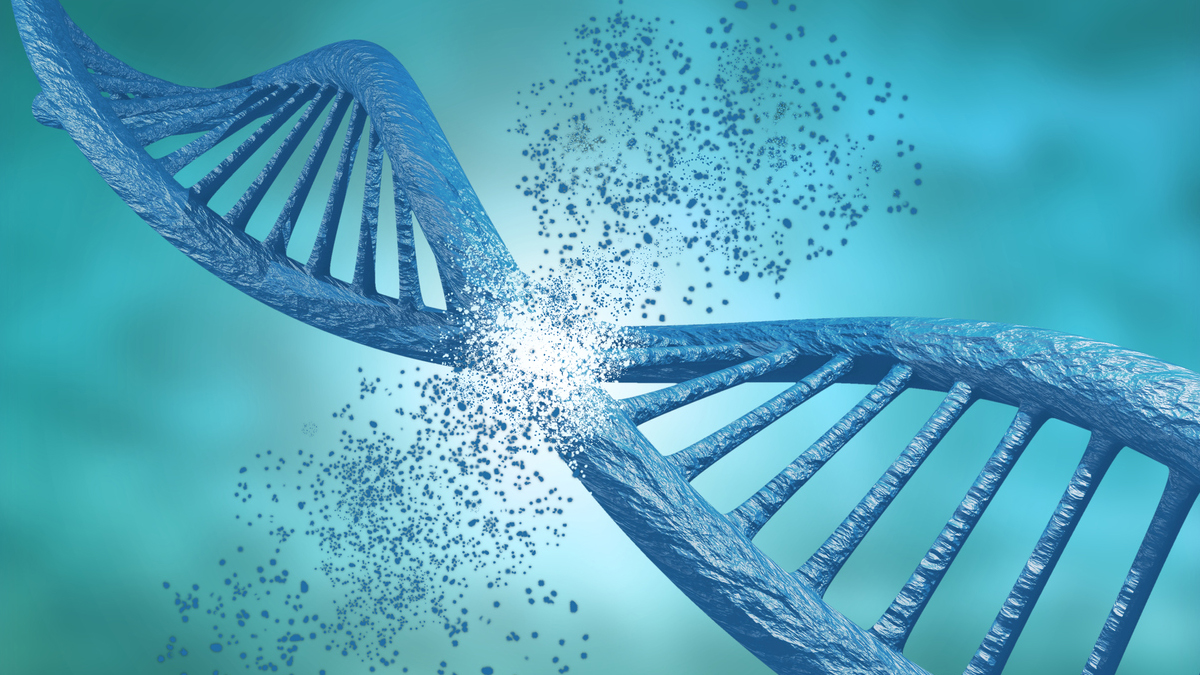Novartis adds gene therapy for blindness with Gyroscope buy

Gyroscope Therapeutics and its gene therapy for the sight-robbing disease geographic atrophy (GA) has been acquired by a big pharma company – but likely not the one you would expect.
Just a few weeks France's Sanofi made a $40 million investment in Gyroscope for first refusal rights on the gene therapy – called GT005 – but it is Novartis that has swooped on the company and its main asset.
The Swiss pharma group has agreed to pay $800 million upfront for London, UK-based Gyroscope, with another $700 million to be paid if GT005 meets its objectives in terms of clinical development, regulatory approvals and reimbursement.
GTA005 is in phase 2 trials in two groups of patients with GA, an advanced form of 'dry' age-related macular degeneration (AMD) affecting the central portion of the retina. It is vying to become the first therapy for the disease, which affects around eight million people globally, according to Novartis.
The one-shot therapy aims to treat GA by delivering the gene for complement factor I (CFI) to the eye using an adeno-associated virus (AAV) vector. CFI regulates the activity of the complement immune system which is over-activated in GA. It has been fast-tracked by the FDA.
Gyroscope is going up against some heavyweight competition in gene therapies for GA, with rivals including Johnson & Johnson's pharma unit Janssen which bought rights to a gene therapy for the condition from Hemera Biosciences last year, and being absorbed into Novartis should bolster its position.
Novartis has been an early mover in gene therapy with its Luxturna (voretigene neparvovec) therapy for inherited retinal diseases – for which it licensed ex-US rights from Spark Therapeutics (now part of Roche) in 2018 – as well as Zolgensma (onasemnogene abeparvovec) for spinal muscular atrophy.
It's worth noting also that Novartis already has a position in GA, which derives from its $280 million takeover of US startup Vedere Bio in 2020, although that programme is in preclinical development.
Last year, it also signed a licensing deal with Dyno Therapeutics for its AAV capsid-based gene delivery technology focused on ocular diseases. The Gyroscope deal also includes several earlier-stage projects in inherited retinal diseases.
"Novartis has a well-established expertise in ocular gene therapies that will position us well to continue developing this promising one-time treatment." said Marie-France Tschudin, president of Novartis Pharmaceuticals.
"This acquisition is one more step forward in our commitment to delivering innovation in ophthalmology to treat and prevent blindness worldwide," she added.
Gyroscope is one of the portfolio companies of UK health investment group Syncona, which said it stands to make £334 million ($443 million) from the sale, a threefold return on its original £113 million backing.












